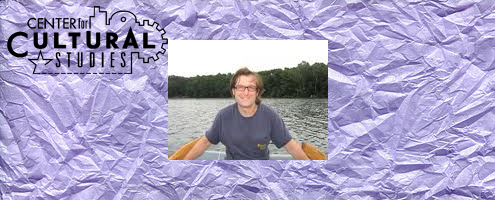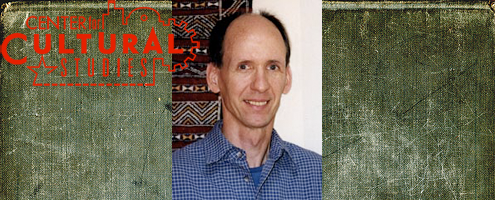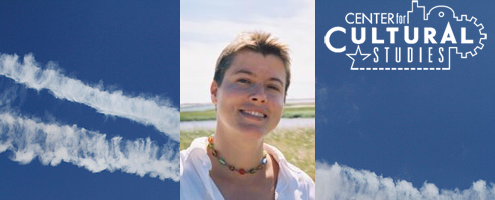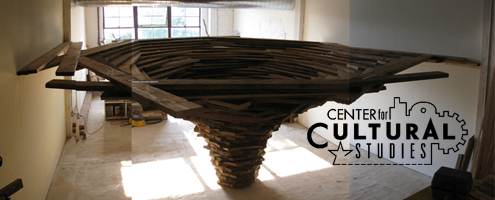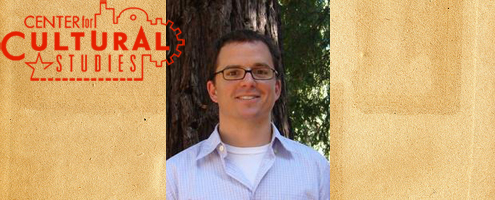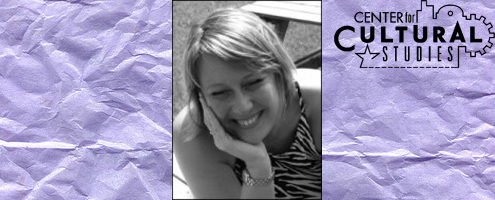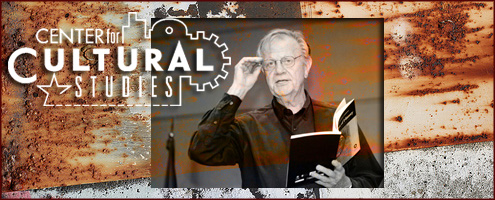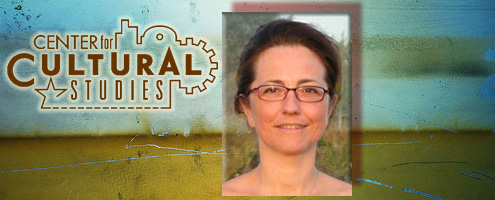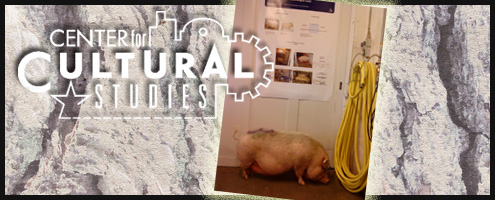Professor Di Pietro examines the production
of queer spaces in the Andes and their
diasporic dispersal in the Americas. He also
examines geopolitical linkages between subaltern
queerness and vernacular spirituality
among Latino/as in the U.S., weaving regional
epistemologies of sex/gender/desire together
with a critique of the human/non-human
distinction and its ethico-political aftermath
across ethnic, gender, and queer studies.
Co-sponsored by the Department of Latin American and Latino Studies and the Critical Race and Ethnic Studies Research Cluster.
Pedro Di Pietro is a Visiting Assistant Professor and Mellon Postdoctoral Fellow
in the Humanities and Townsend Fellow at UCB, as well as a Research
Affiliate at the Center for the Interdisciplinary Study of Philosophy,
Interpretation, and Culture at Binghamton University.

